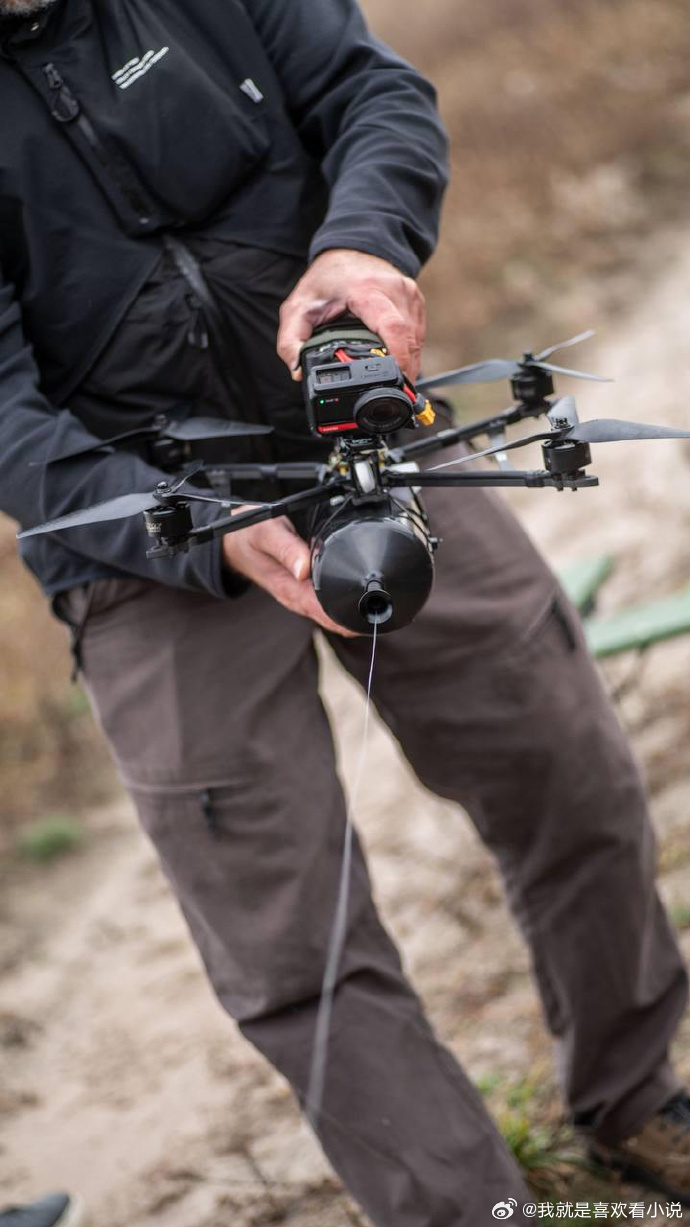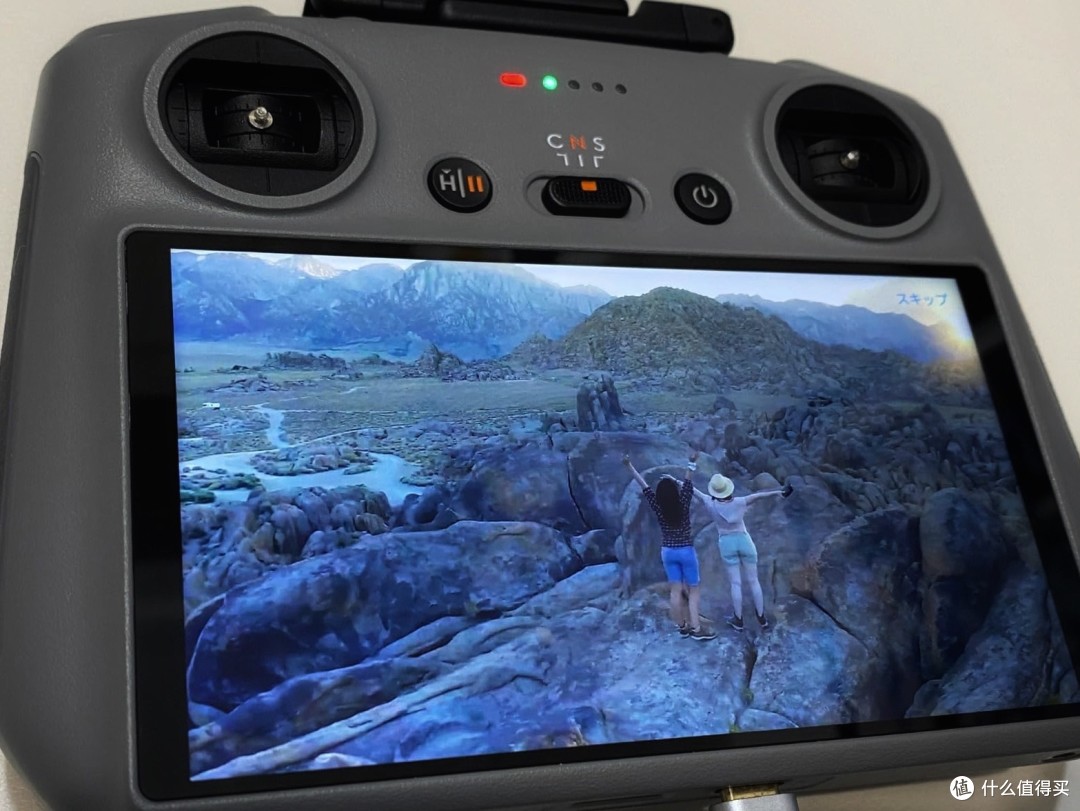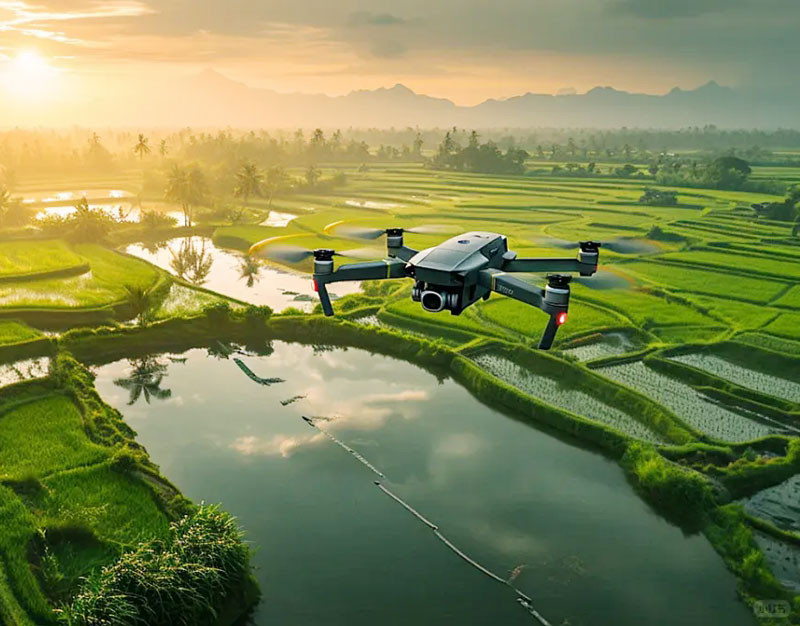Innovative Applications of Mosquito Drone Technology
The evolution of technology has ushered in a new era where even the tiniest of devices can perform complex tasks. One intriguing example is the mosquito drone, a term that evokes images of miniature, flying devices capable of accessing hard-to-reach areas. Historically, when we think of drones, we imagine larger devices used for aerial photography, surveillance, or package delivery. However, mosquito drones represent a paradigm shift. Their compact size and versatility open up unprecedented opportunities in various fields.
What Exactly is a Mosquito Drone?
Drones resembling the size and shape of a mosquito were once the stuff of science fiction. Now, they are becoming a reality in engineering development. By utilizing nano-technology, researchers have crafted drones that mimic the flight pattern and dimensions of these insects, hence the name “mosquito drone.” These devices are designed for detailed tasks that require precision and adaptibility where larger drones cannot operate efficiently.
Applications in Medicine
One of the most promising applications of mosquito drone technology is in the medical field. Imagine tiny drones capable of delivering medication directly into the bloodstream or aiding in non-invasive surgery. Researchers are experimenting with equipping mosquito drones to administer injections or collect biological samples with minimal discomfort to the patient. Their ability to maneuver in confined spaces could revolutionize surgical practices and medical diagnostics.
Environmental Monitoring and Research
Given the urgent need to monitor and protect our environment, mosquito drones offer exciting possibilities. Their size allows them to infiltrate dense foliage or navigate complex terrains without disturbing the local ecosystem. Equipped with sensors, these drones can collect data on pollution levels, monitor wildlife, or assess vegetation health. Real-time environmental assessments could vastly improve conservation efforts by providing essential data previously hard to gather.
Security and Surveillance
Another significant domain where mosquito drones may become indispensable is security. Their ability to remain inconspicuous while gathering critical information makes them ideal tools for surveillance. Whether monitoring borders or patrolling sensitive areas, these drones offer a stealthy option for security operations. Government agencies and private organizations are investing in mosquito drones to enhance their surveillance capabilities without alerting potential intruders.
Challenges and Ethical Considerations
Despite their vast potential, mosquito drones raise several ethical and practical challenges. Privacy concerns are paramount—how do we ensure these devices are not used for unauthorized surveillance? Regulation policies need to be meticulously crafted to prevent misuse. Furthermore, the technology itself presents hurdles, such as battery life, signal strength, and data security. As these drones become more prevalent, addressing these concerns is essential to their responsible integration into society.
From facilitating medical advancements to transforming environmental research, mosquito drones offer myriad possibilities across numerous sectors. Their continued development poses exciting prospects, provided ethical considerations and technological limitations are adequately managed.


FAQs on Mosquito Drones:
- How small are mosquito drones?
- Typically, mosquito drones are designed to be as small as possible, similar in size to a real mosquito, although the exact dimensions can vary based on functionality.
- Are mosquito drones safe to use in medical procedures?
- Current research is ongoing, and safety protocols are being developed. Initial results have been promising, indicating future potential in ensuring safer medical applications.
- Can mosquito drones be legally used for surveillance?
- Legal use of mosquito drones for surveillance depends on regional laws and regulations. Privacy and ethical implications are being actively discussed to govern their usage responsibly.

